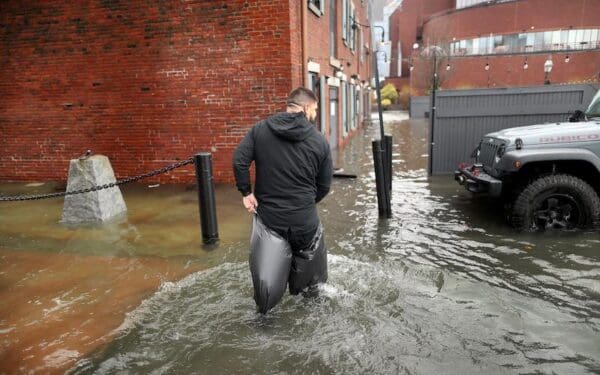Eight Earth Day Activities to Make an Impact
Learn some of the most impactful activities you can do this Earth Day.

Learn some of the most impactful activities you can do this Earth Day.

The Massachusetts legislature passed, and Governor Maura Healey has signed, a climate law that may be the first step toward a clean, reliable, and economical grid that will be less prone to outages and more resistant to extreme weather.
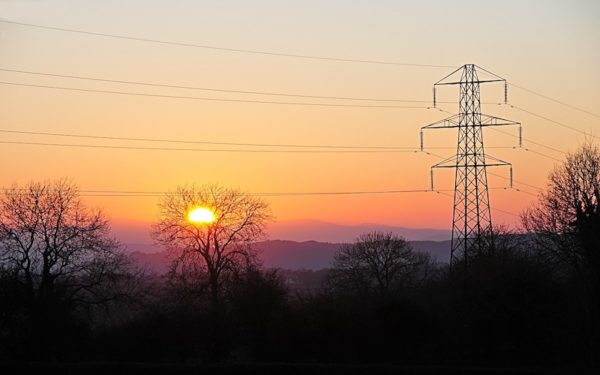
Supercharged storms are rampaging through towns and cities like a bull liberated from a pen, crashing through a fragile utility infrastructure that, in many cases, has not changed in a century. U tility companies submit to the onslaught of storms, repair the damage, then obediently wait for more and do it all over again.
.
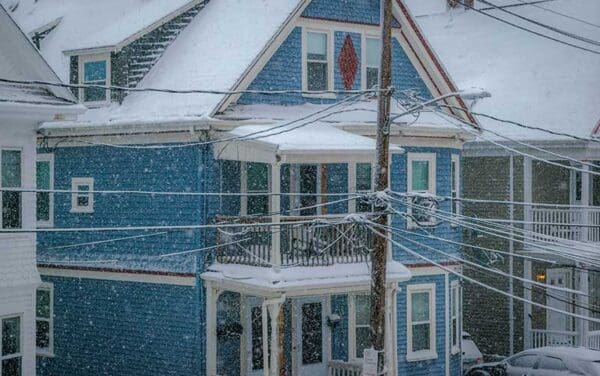
In a disappointing turn for East Boston, the Massachusetts Supreme Judicial Court upheld the Energy Facilities Siting Board’s approval of Eversource’s proposed substation.
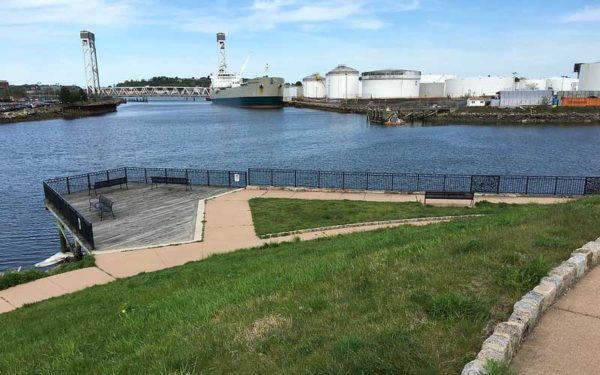
CLF worked with Salem Alliance for the Environment (SAFE), a local community group, to negotiate with the mayor of Salem and an offshore wind developer a legal contract known as a Community Benefits Agreement. Here, we present 5 takeaways from our work with the local community.
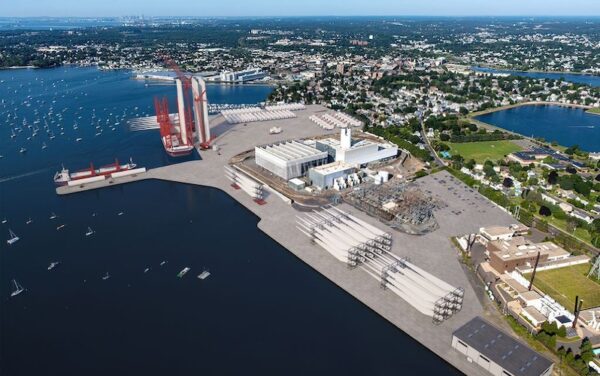
Climate anxiety can be an isolating feeling. But the good news is, you’re not alone – and there are ways to find hope even when it might feel like there’s none left.
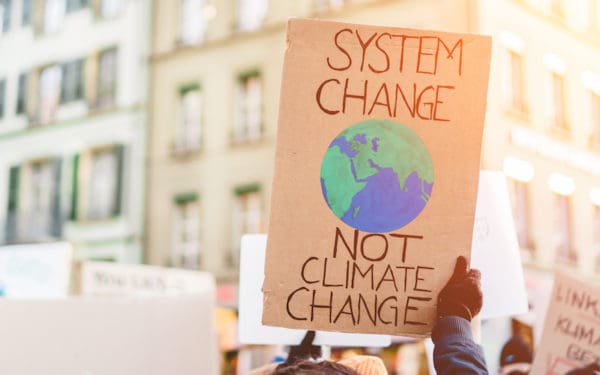
Microgrids will provide communities with energy independence, resilience, and security in the face of extreme weather.
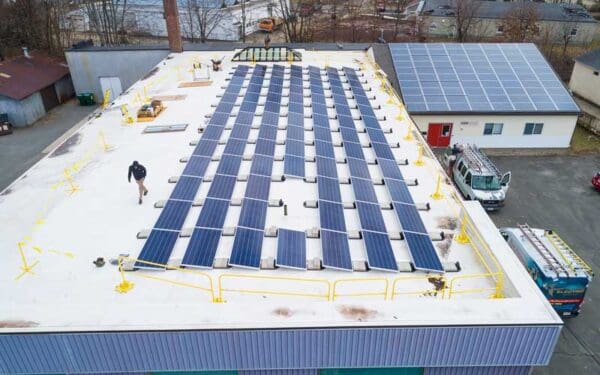
“Allowing these companies to keep charging customers for storm cleanup over and over is an outrage,” said Johannes Epke, CLF. “It should be up to the utilities to make their infrastructure resilient to the frequent, climate-driven storms we’re seeing more and more. It’s time to change state rules that allow these companies to pass the bill on to Massachusetts families and businesses and hold utilities responsible instead.”
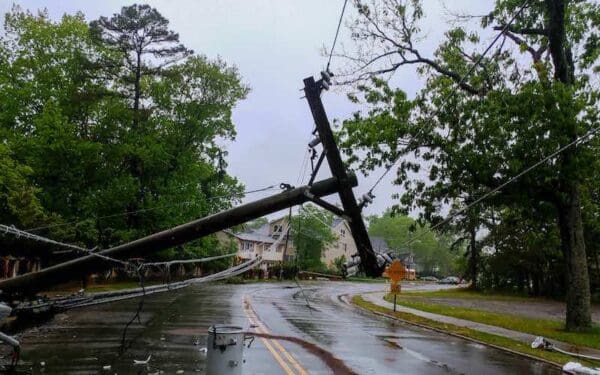
New England is no stranger to ice storms, of course, and the Texas power grid is very different from ours. But we can still heed lessons from the Texas crisis – especially as we look at the future pressures our grid will face because of our changing climate.
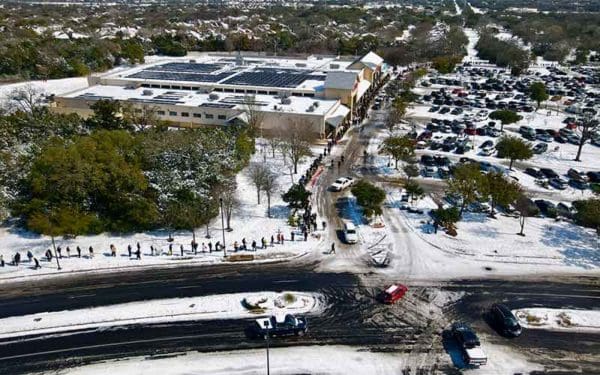
Climate disruption is forcing us to regularly grapple with extreme weather. That’s why we need to act now on climate resiliency measures to ensure that our communities can cope with not only the climate impacts here today but with those yet to come.
